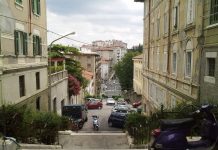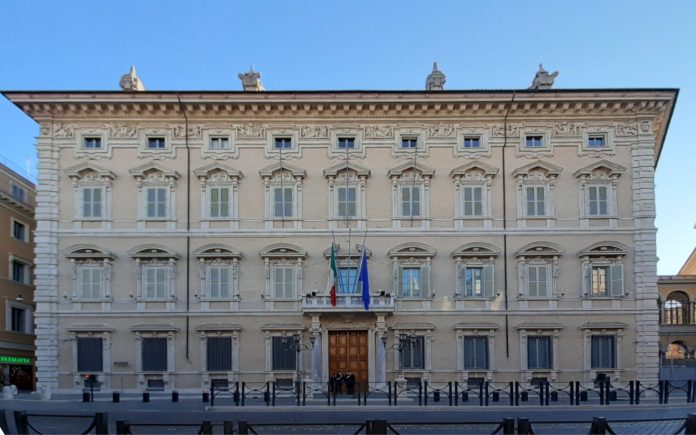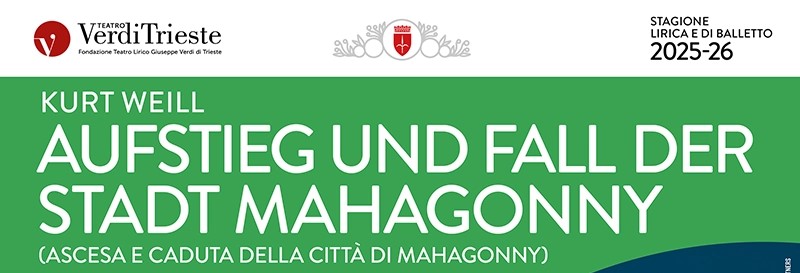by InTrieste
Italy’s Senate on Wednesday approved a wide-ranging security bill backed by the country’s right-wing coalition government, prompting criticism from opposition parties and civil rights groups who say the measure could limit civil liberties and restrict the right to protest.
The legislation, known as the Security Decree, passed the upper house with 109 votes in favor, 69 against, and one abstention, after clearing the lower house of Parliament last week. During the final vote, senators from center-left opposition parties protested by sitting on the floor of the chamber and chanting “Shame, shame.”
The decree was introduced by Prime Minister Giorgia Meloni as part of what she has described as a broader effort to ensure public safety. “A decisive step to strengthen the protection of citizens, the most vulnerable groups, and our men and women in uniform,” Meloni wrote on social media shortly after the vote.
The new law increases penalties for attacks on law enforcement officers and fraud targeting the elderly, and it provides additional legal protections for police and security personnel. It also introduces stricter rules regarding public demonstrations, roadblocks, and the occupation of public or private spaces. Other provisions include expedited evictions from illegally occupied properties, a ban on so-called “cannabis light,” and penalties targeting repeat offenses by subway pickpockets, including those who previously avoided detention due to pregnancy.
Interior Minister Matteo Piantedosi praised the measure as a “strategic tool” to fight crime and terrorism and to support the work of law enforcement. “This decree gives us new and effective instruments to improve public safety and protect the most vulnerable,” he posted on social media platform X.
However, the bill has sparked protests across the country in recent months, with critics arguing that it risks criminalizing dissent and undermining the right to peaceful assembly. Opposition lawmakers and advocacy groups have raised concerns that the legislation could discourage public demonstrations and restrict freedom of expression.
Supporters of the decree maintain it is necessary to address growing concerns about security and law enforcement challenges in urban areas. Opponents, meanwhile, have vowed to continue challenging the law both in Parliament and through public demonstrations.
































